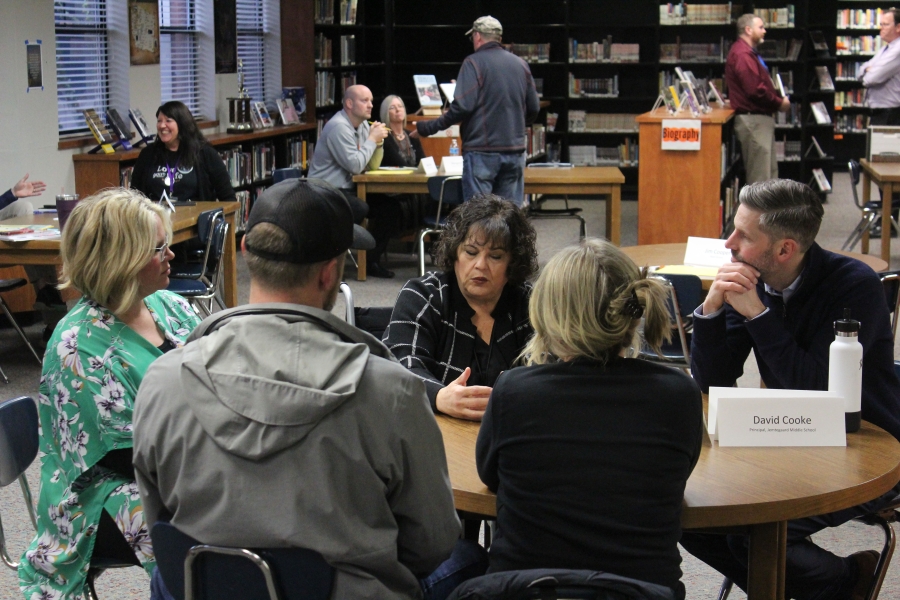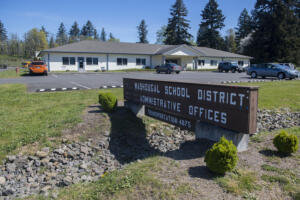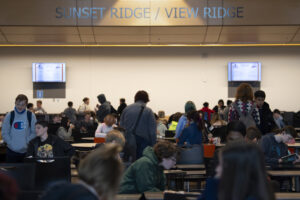After the Washougal School District’s replacement educational programs and operations and technology and capital projects levy proposals failed in February, district leaders knew that they had to revamp their communication process and engage in “straight talk,” in the words of WSD Superintendent Mary Templeton, if they hoped to convince enough community members to vote for the measures on Tuesday, April 25.
They also knew that board meetings don’t provide an appropriate venue for the types of conversations they were hoping to have with voters, and the spread of information on social media was doing more harm than good. So they launched a series of “board listening tour” sessions to give people opportunities to sit down with board members and district staff members and talk with them face-to-face.
No more podium lectures. No more incendiary Facebook posts. Just honest dialogue.
“People don’t come in here and say all the nice things. They say all the hard things, too,” Washougal School Board member Sadie McKenzie said during the district’s third “listening tour” session at Washougal High School on Tuesday, March 28. “We’ve heard a little bit of both, but in the end, I think we can all (decide) that we need to do what’s best for the kids. I think that listening is the most important thing. The community just wants to be heard — they say that over and over. That’s why we’re here. We’re not trying to change anybody’s minds. We’re just giving them all the information, and we hope that they’ll vote ‘yes.'”
The WSD held its first session on Tuesday, March 16, at Cape Horn-Skye Elementary School. The district also will hold a “virtual open house” from 5:30 to 7 p.m. Monday, April 10, and will hold two more listening sessions from 4 to 5:30 p.m. Tuesday, April 11, at the Washougal High School Excelsior building commons, and from 9 to 11 a.m. Friday, April 21, at Bethel Community Church, 1438 “B” St., Washougal.
“We are excited,” Templeton said during the session on Tuesday, March 28. “This has been a wonderful opportunity. It’s been really healthy. COVID was tough on all of us, myself included, and to come back to some normalcy, where we can connect, talk, share ideas and experiences, (has been great). People are talking to us about things that they think and what they’re concerned about. They have a lot of questions about the details of the levy, and that’s great because we get to answer those (questions) with factual information.”




